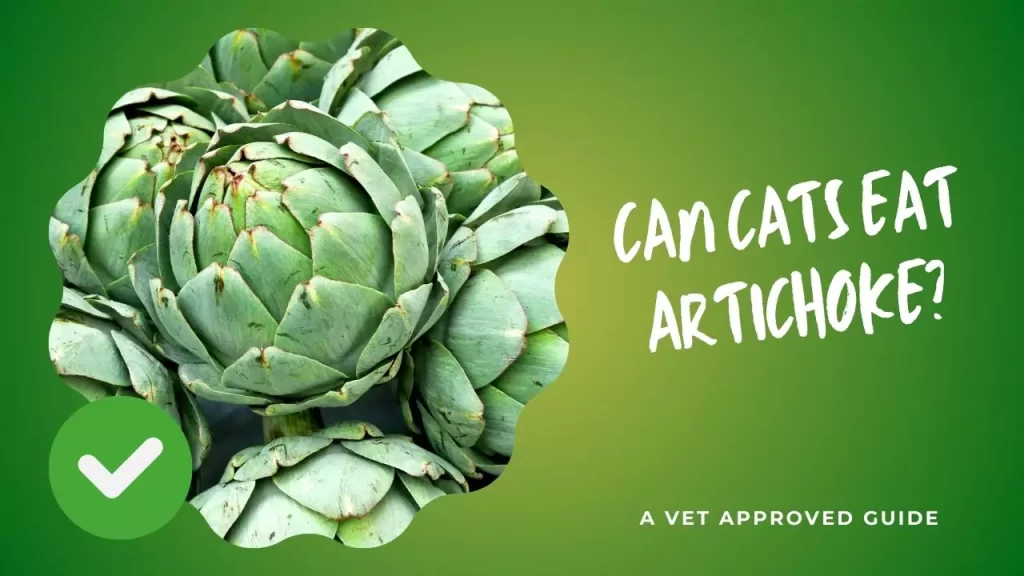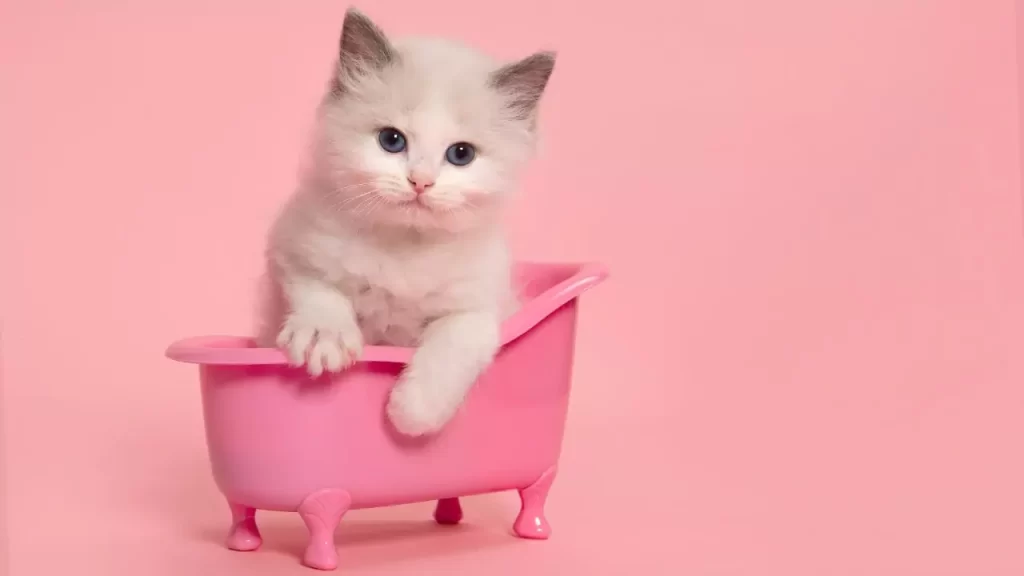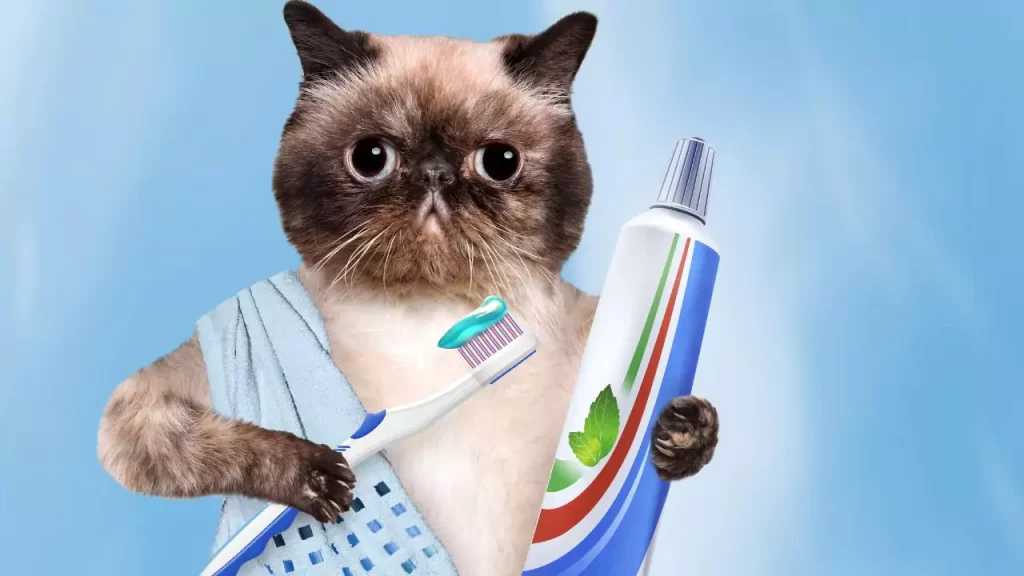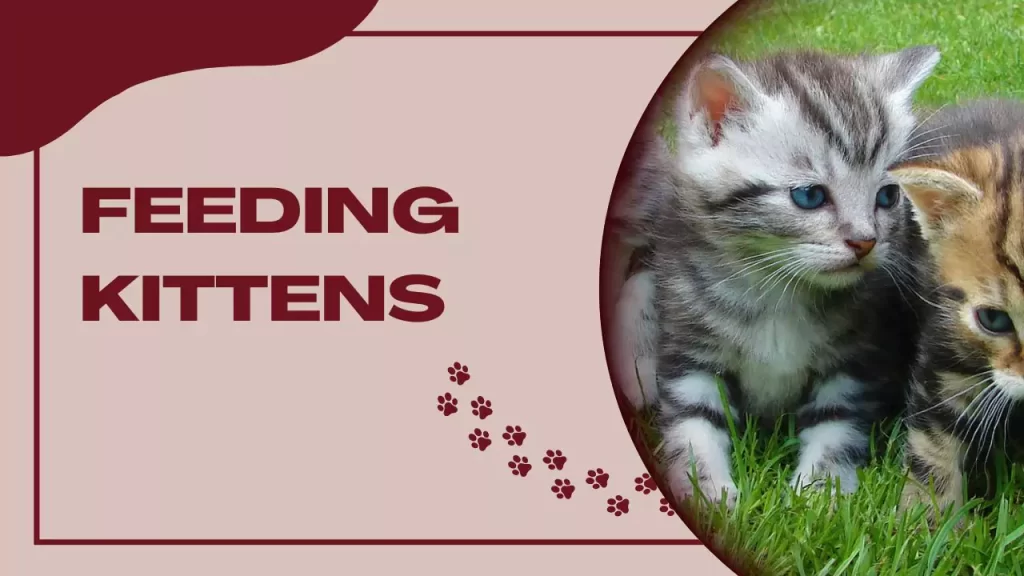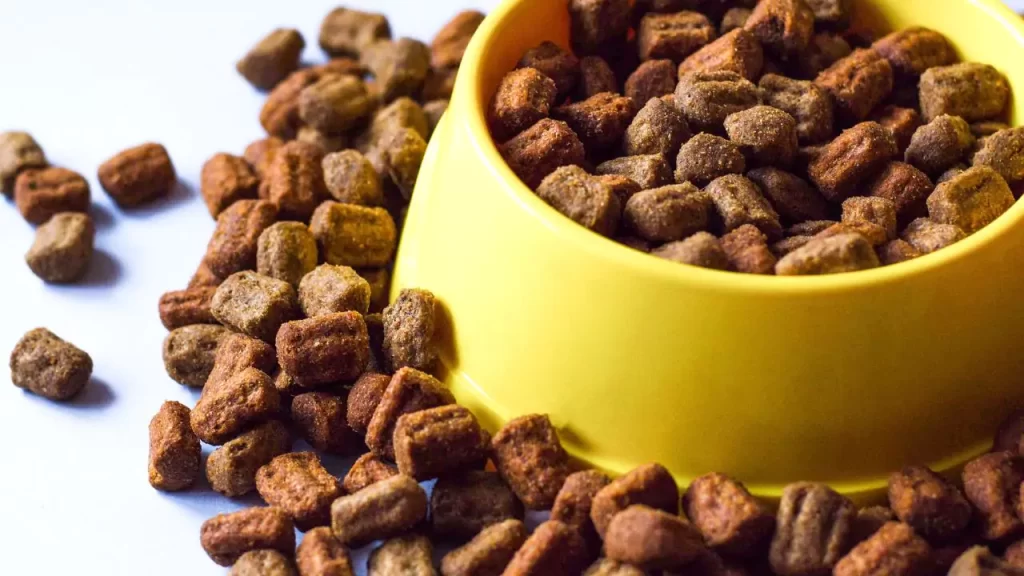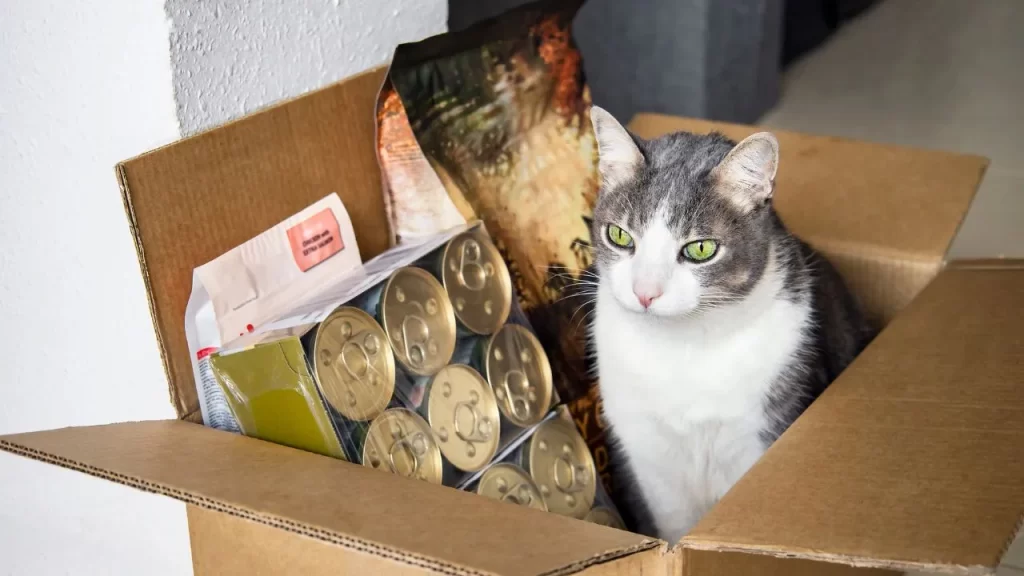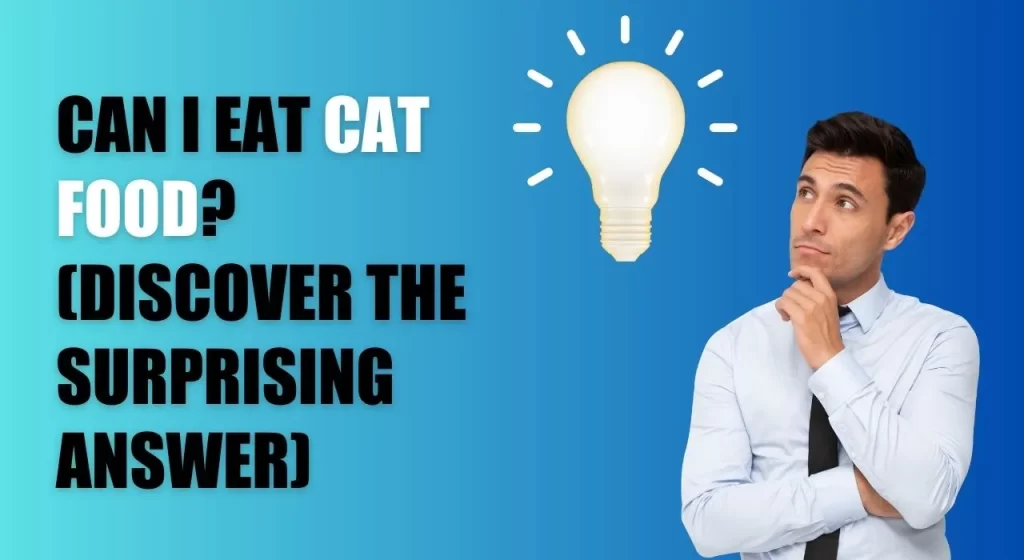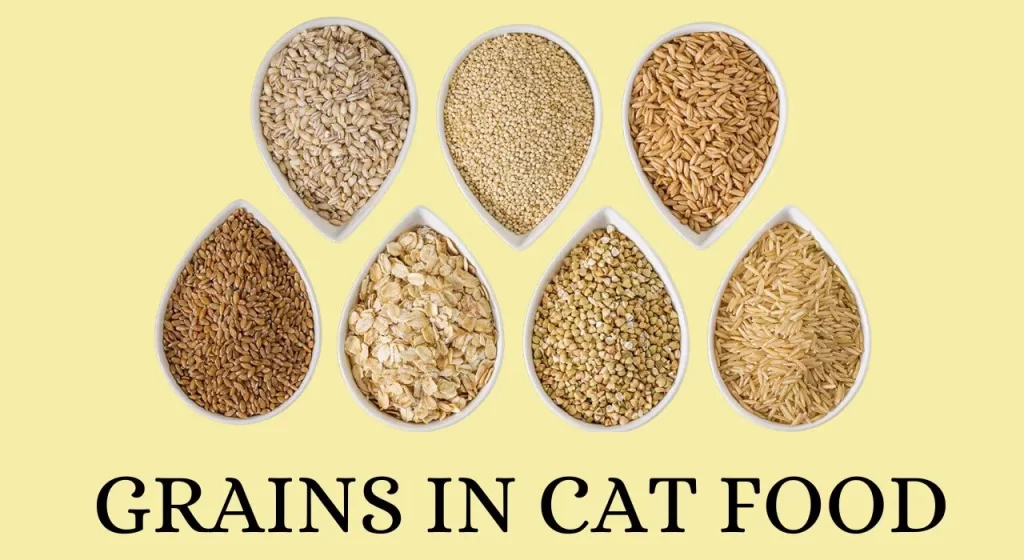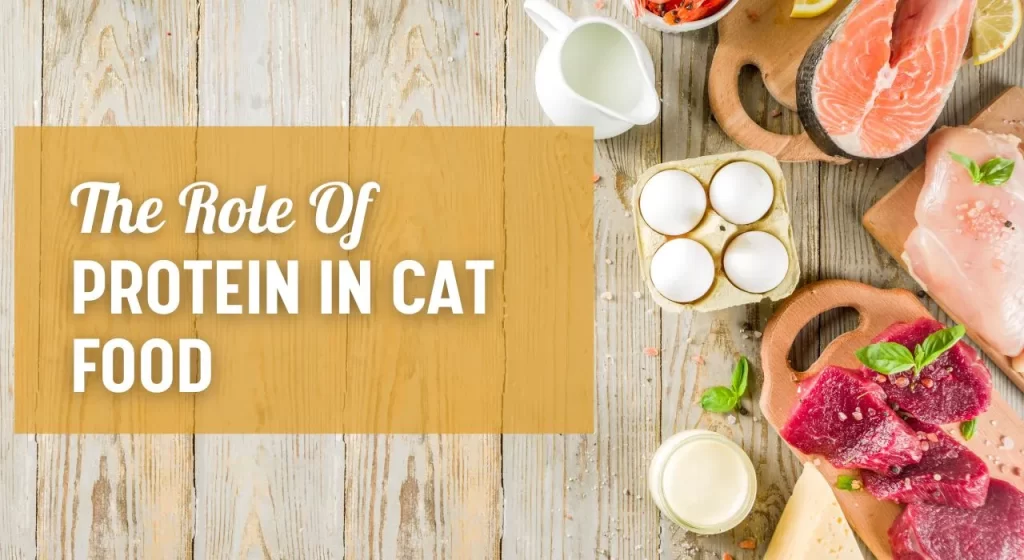Author: Dola Singha
Dola Singha is a cat enthusiast with a lifelong love for feline companions. She is an expert in all aspects of cat care, from nutrition and behavior to training and health.
Cats can eat artichokes sometimes, but they’re not good for them. Artichokes are safe for cats, although their high fiber and low carb content may induce diarrhea. Cats may also have trouble chewing and swallowing artichokes. Avoid feeding cats raw artichokes. Cooked artichokes are safer, but they should be served in moderation and without flavors or sauces that might hurt your cat. Do cats like the taste of artichoke? Cats are obligate carnivores, which means they need meat to survive and thrive. They have no dietary requirement for carbohydrates or plant-based foods. Therefore, most cats are not interested in the…
Obesity in cats is a severe health issue. Excessive body fat may cause several ailments. Overfeeding cats, particularly high-calorie, low-nutrient meals, cause obesity. Genetics, age, neutering, and inactivity may all cause weight increase. The following discussion delves into feline obesity’s causes and risks, the recognition of overweight cats, and the vital role of diet in managing and preventing this health concern. Understanding Cat Obesity Causes and Risks of Feline Obesity Obesity is the buildup of too much fat in the body. Cats with a favorable energy balance eat more than they burn. Cat obesity is caused by several reasons. Obesity…
Pet owners always want the best for their pets. Our pets deserve the finest, from doctor appointments to DIY grooming. Dental health is disregarded. Cats need regular dental care like people. Choosing the correct cat food may improve dental health as much as brushing. This article discusses how cat food affects dental health and how to pick the best diet for your cat. How Does Cat Food Affect Dental Health? The quality of ingredients in cat food, the frequency of feeding, and the choice between dry vs. wet food can all influence the dental health of your cat. Dental Health…
Kittens are adorable and energetic creatures that need proper nutrition to grow healthy and strong. But what should you feed your kitten, when should you feed them, and how much food do they need? This article will answer these questions and provide you with some tips and guidelines on kitten feeding and nutrition. What to Feed Your Kitten? Importance of Kitten-Specific Food Kittens have different dietary requirements than adult cats. They need more protein, calories, calcium, and other nutrients to support their rapid growth and development. Therefore, it is important to feed kittens a nutritionally complete and balanced diet that…
If you are a cat owner, you may have heard the term “fillers” used to describe some ingredients in cat food. But what are fillers, and are they bad for your cat? In this article, we will explain what fillers are, why they are controversial, and how to choose high-quality cat food without fillers. What are Fillers in Cat Food? Fillers lack nutritional value for cats but are included in cat food to enhance volume, decrease expenses, or enhance texture. Common fillers are starchy and carbohydrate-rich, like corn, wheat, rice, soy, or potatoes. Animal by-products, including blood, bone, or organs,…
Wet and dry cat food are allowed on flights, according to the Transportation Security Administration (TSA) website. However, some limits apply. Dry or “moist” pet food is solid food that may be taken in carry-on or checked luggage under airline weight limitations. Wet pet food is a liquid for carry-on luggage and must follow the 3-1-1 rule. Wet pet food must fit in a quart-sized, transparent zip-lock bag per passenger and be less than 3.4 oz (100 milliliters). Even service animals and prescription pet food are not exempt. Pet food may be removed from carry-on luggage during security screening to…
The answer is no, you can’t buy cat food with EBT. EBT, Electronic Benefits Transfer, only allows you to use the voucher on human food. Pet food is excluded from EBT, and using it may result in suspension. Unfortunately, even if you qualify for EBT, you won’t be able to feed your cat. Exceptions or alternatives may exist. You may be able to buy pet food using EBT TANF (Temporary Assistance for Needy Families) payments. ATMs let you buy pet food. You may also purchase SNAP-eligible chicken or beef for your cat. Free or low-cost pet food assistance programs are…
Curiosity about consuming cat food? Technically, yes, it’s possible, but certainly not advised. Cat food, created not for people but for felines, can trigger harmful health implications. This piece explores the reasons behind cat food’s unsuitability for human consumption, delves into possible risks and health issues related to its intake, and uncovers the immediate and enduring impacts of such an act. Can Humans Safely Eat Cat Food? Understanding the Differences in Nutritional Needs Cats have distinct dietary needs, requiring meat and animal-based nourishment for survival and growth. Essential nutrients for these felines include protein, fat, vitamin A, and taurine, contributing…
Grains are not necessary for your cat’s diet, but they are not harmful either. They offer essential nutrients, energy, aid in digestion, help maintain weight, and support overall feline health. Nevertheless, cats can obtain carbohydrates from sources other than grains, and some cats may thrive without them. Factors like dietary needs, preferences, veterinarian advice, ingredient quality, and safety, as well as product cost and availability, influence the best cat food choice. To make an informed decision for your cat’s diet, conduct research, examine labels, and consult with your veterinarian. This article aims to clarify the role of grains in cat…
Cats need protein to live. They get it from eating meat. Protein helps them grow, stay healthy, and have energy. This article will tell you why protein matters for cats, how much they need, and what kind of food has good protein. Understanding the Importance of Protein in a Cat’s Diet Role of Protein in a Carnivore’s Diet Cats have evolved to eat a diet that is rich in animal protein and low in carbohydrates. Unlike humans and dogs, cats cannot synthesize some essential amino acids from plant sources and need to obtain them from animal sources. Amino acids are…




